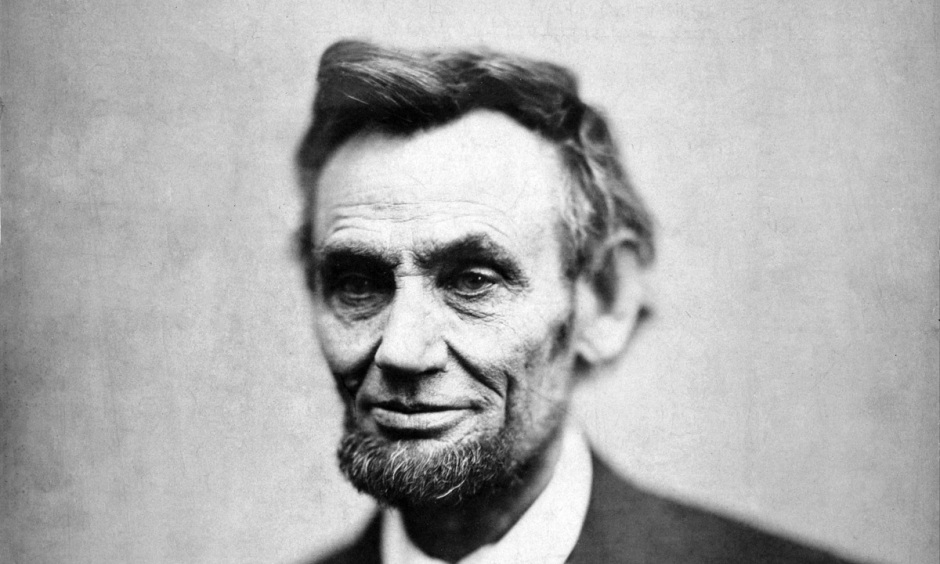In the latest episode of why “Critical Race Theory” should be taught in school, one of ESPN’s top analysts steps up during Black History Month and says something ignorant.
Super Bowl LVII was a historic game where for the first time in an NFL championship game, two Black quarterbacks, Patrick Mahomes, and Jalen Hurts started for their respective teams. That could have been the BHM moment. It could have stopped there.
But Berman placed an extra spin.
He said, “Two African American quarterbacks starting against each other in the Super Bowl for the first time. Fittingly, February 12th is Abe Lincoln’s birthday. Here we go with the highlights in case you missed it.”
"Also, of course, two African American quarterbacks starting against each other in the Super Bowl for the first time. Fittingly, February 12th is Abe Lincoln's birthday."- Chris Berman pic.twitter.com/J1BuWQTepH
— Awful Announcing (@awfulannouncing) February 13, 2023
People online flipped out.
“Well I guess “we’s done overcome” Abe Lincoln would be proud… FK OUTTA HERE!”
“Y’all out here complaining about Rihanna’s halftime performance & the ref calling an obvious holding penalty when the biggest disrespect of the #SuperBowl was #ChrisBerman referencing Abraham Lincoln’s birthday with 2 Black QBs playing in the Super Bowl. What in the hell?”
Y’all out here complaining about Rihanna’s halftime performance & the ref calling an obvious holding penalty when the biggest disrespect of the #SuperBowl was #ChrisBerman referencing Abraham Lincoln’s birthday with 2 Black QBs playing in the Super Bowl. What in the hell?
— Carlos Scott (@NVisionMarketin) February 13, 2023
“Wait, did Chris Berman invoke the name of Abraham Lincoln in regards to two black QBs in the Super Bowl!?!?!”
“Chris Berman on ESPN celebrating two Black QBs in the Super Bowl said “fittingly on Abraham Lincoln’s birthday.” What?!? No. No. No.”
Chris Berman on ESPN celebrating two Black QBs in the Super Bowl said “fittingly on Abraham Lincoln’s birthday.” What?!? No. No. No.
— Touré (@Toure) February 13, 2023
“I’ve watched it multiple times and still can’t believe Chris Berman connected two Black QBs playing in the Super Bowl to Abraham Lincoln’s birthday.”
I've watched it multiple times and still can't believe Chris Berman connected two Black QBs playing in the Super Bowl to Abraham Lincoln's birthday
— Joseph Zucker (@JosephZucker) February 13, 2023
The average poorly informed Lincoln celebrant might see what he was saying because the 16th president issued the Emancipation Proclamation, which declared enslaved people in the states “in rebellion” to be free during the Civil War.
Lincoln also had a hand in pushing the 13th Amendment, which abolished slavery.
However, if he didn’t have to, he would not have sided with abolitionist. History shows, Honest Abe made the declarations as a political move— even if he understood the principles of it were right.
According to Loc.gov, “Lincoln approved of emancipation as a war measure,” and “postponed executive action against slavery until he believed he had both the legal authority to do so and broader support from the American public.”
“If I could save the Union without freeing any slave, I would do it,” Lincoln said on August 22, 1862, in a letter to American journalist and former New York Tribune editor, Horace Greeley.
The full quote says, “My paramount object in this struggle is to save the Union, and is not either to save or to destroy slavery. If I could save the union without freeing any slaves I would do it, and if I could save it by freeing all the slaves I would do it; and if I could save it by freeing some and leaving others alone I would also do that.”
The actual letter can be pulled up on the Library of Congress website (here).
